Non Toxic Ant Killer | Safeguarding Your Home with Non-Toxic Ant Killer
In this article, we will delve into the world of non toxic ant killers and explore various natural methods for ant control. From homemade ant baits to eco-friendly ant sprays, we'll provide you with the tools and knowledge you need to say goodbye to ants without compromising the well-being of your loved ones or the planet.

Key Takeaways:
- Non-toxic ant killers are a safer alternative to chemical pesticides, protecting your home and loved ones without causing harm to the environment.
- Using natural ingredients like diatomaceous earth, vinegar, and orange peels can effectively control ant infestations while keeping your home pet-safe.
- Homemade ant baits and sprays offer cost-effective and eco-friendly solutions for ant control.
- Proper application and safety precautions are crucial when using non toxic ant killers to ensure maximum effectiveness and protection.
- By adopting non toxic ant killer methods, you can achieve a pest-free home without compromising your health or the well-being of the planet.
Why Choose Non Toxic Ant Killer?
When it comes to eliminating ants from your home, choosing a non toxic ant killer is a wise and responsible choice. Traditional chemical pesticides may be effective at eradicating ants, but they can also pose risks to your health, the environment, and your beloved pets. By opting for a non toxic ant killer, you can effectively control ant infestations while keeping your home and loved ones safe.
Non toxic ant killers are formulated with natural ingredients that are not harmful to humans, pets, or the environment. These eco-friendly solutions provide a safer alternative to conventional chemical pesticides, allowing you to protect your home without exposing your family or pets to toxic chemicals. By using non toxic ant killer products, you can have peace of mind knowing that you're taking steps to safeguard your home while minimizing any potential risks.
Despite their gentle formulation, non toxic ant killer options are equally effective at eliminating ants. They are designed to target and eradicate ants without compromising on efficiency. Whether you're dealing with small ant colonies or larger infestations, non toxic ant killers can provide the desired results without the associated dangers of chemical-based alternatives.
So, if you're looking for a safer and more environmentally friendly way to control ants in your home, consider choosing non toxic ant killer products. These options are an effective and responsible solution for eco-friendly ant control and pet-safe ant elimination.
Diatomaceous Earth: A Powerful Non Toxic Ant Killer
Diatomaceous Earth (DE) is a popular natural ant killer that is safe for pets and humans. Made from fossilized aquatic organisms, DE is a fine powder that effectively eliminates ants by piercing their exoskeleton and dehydrating them. It is considered one of the most powerful and pet-safe ways to get rid of ants.
When using DE, it is crucial to opt for food-grade quality and handle it with safety precautions. To apply DE, sprinkle a thin layer around areas where ants are active, such as entry points, ant trails, and nest entrances. The ants will come into contact with the DE powder, which will cause them to dehydrate and die.
Remember: Diatomaceous Earth only works when it is dry, so reapply it after rain or when the powder becomes wet for maximum effectiveness.
Diatomaceous Earth is an environmentally friendly and pet-safe alternative to chemical pesticides. It poses minimal risks to your pets and family while effectively eradicating ants from your home. Incorporate DE into your ant control strategy for a non toxic and efficient solution.
Using Borax as a Safe Ant Killer
Borax is a highly effective and non-toxic ant killer that can be safely used in your home. It works by acting as a slow-acting poison, damaging the digestive systems of ants and leading to their ultimate demise. To utilize borax as an ant killer, it is recommended to mix it with a sweet substance like sugar or honey to attract the ants to the bait.
Once the ants consume the borax bait, they will carry it back to their colony, where it will be spread among other ants, effectively eliminating the entire ant population. While borax is safe to use, it is important to keep it away from pets and children. Ingesting borax in large quantities can be toxic, so always exercise caution when using it as an ant killer.
If you're dealing with an ant infestation, try this simple recipe using borax:
Homemade Borax Ant Bait Recipe:
- Mix 1 part borax with 3 parts sugar or honey.
- Add enough water to create a thick paste.
- Place small amounts of the mixture on small pieces of cardboard or in shallow containers.
- Put the bait near ant trails or areas where ants are frequently seen.
- Monitor the bait and replenish as needed.
- Repeat the process until the ant infestation is resolved.
This homemade borax ant bait is an effective and pet-safe way to get rid of ants in your home. By using borax as an ant killer, you can achieve long-lasting results and ensure the safety of your family and pets.
Vinegar: A Natural Ant Repellent
If you're searching for a natural ant repellent that is safe for your pets, look no further than vinegar. While vinegar may not directly kill ants, it can effectively disrupt their scent trails and deter them from entering your home. By spraying vinegar along ant trails and in entry points, you can discourage ants from returning and keep your home ant-free.
Vinegar's acidic properties make it an ideal natural ant repellent. The strong odor of vinegar masks the ants' pheromone trails, preventing them from following the scent and finding their way back to your home. That means your kitchen countertops, pantry, and other areas will be protected from unwanted ant invaders.
To use vinegar as an ant repellent, simply fill a spray bottle with distilled white vinegar. Apply the vinegar along ant trails, such as baseboards, windowsills, and door frames. You can also spray it directly on ants or around their entry points to deter them. Remember to reapply the vinegar regularly, especially after cleaning or if you notice ant activity returning.
Vinegar is one of the most pet-safe ways to get rid of ants. Unlike chemical pesticides, vinegar poses no immediate threat to your furry friends. However, as with any household product, it's still important to keep vinegar out of your pet's reach to prevent accidental ingestion.

Homemade Ant Killer Spray
If you're looking for a natural and pet-safe way to get rid of ants, try making your own homemade ant killer spray using common household ingredients. This DIY solution is not only effective but also environmentally friendly. By using this homemade ant killer spray, you can eliminate ants from your home while ensuring the safety of your beloved pets.
Ingredients:
- Apple cider vinegar or white vinegar
- Liquid dish soap
- Baking soda
These simple and readily available ingredients are all you need to create an effective ant repellent spray.
Instructions:
- In a spray bottle, mix equal parts apple cider vinegar or white vinegar and water.
- Add a few drops of liquid dish soap to the vinegar and water mixture. The dish soap will help the solution adhere to the ants and disrupt their bodily functions.
- Sprinkle in a small amount of baking soda. Baking soda helps to kill ants on contact and neutralize their scent trails.
- Close the spray bottle and shake it well to ensure all the ingredients are thoroughly mixed.
- Locate ant trails or areas where ants frequently appear in your home.
- Spray the homemade ant killer directly on the ants and their trails, focusing on areas where they enter your home.
- Reapply the spray as needed, especially after cleaning or wiping down surfaces.
This homemade ant killer spray works by killing ants on contact and disrupting their scent trails, making it difficult for them to return to your home. By using this pet-safe and natural ant repellent, you can effectively get rid of ants without any worry about harming your pets or using toxic chemicals.
Orange Peels and Other Natural Ant Repellents
Did you know that orange peels and other citrus fruit peels can serve as natural ant repellents? These peels emit a strong scent that deters ants and masks the enticing scent of food sources, preventing ants from being attracted to your home.
If you're dealing with an ant infestation, consider saving your orange peels instead of tossing them in the trash. Simply place the peels near ant entry points or sprinkle them around infested areas to keep ants at bay. Not only is this an effective and pet-safe way to get rid of ants, but it also reduces waste by repurposing kitchen scraps.
In addition to orange peels, there are other natural ant repellents you can use. Sprinkling cinnamon, cloves, or cayenne pepper can also deter ants from entering your home. These ingredients can be strategically placed in infested areas or along ant trails to repel ants and keep them away from your living space.

Keep in mind that natural ant repellents may not provide immediate results and may require consistent application for effectiveness. However, embracing pet-safe ways to get rid of ants using orange peels and other natural ingredients is a sustainable and environmentally friendly approach to ant control.
In the next section, we will explore the use of natural powders as ant killers, providing you with more options for eco-friendly ant control.
Using Natural Powders as Ant Killers
When it comes to getting rid of ants in a non toxic way, natural powders can be an effective solution. Three natural powders that work wonders as ant killers are talcum powder, diatomaceous earth, and baking soda.
Talcum Powder
Talcum powder is a readily available and affordable option to combat ant infestations. By sprinkling talcum powder along ant trails, you can disrupt their scent trails and suffocate them, effectively deterring their presence in your home or garden.
Diatomaceous Earth
Diatomaceous earth, made from fossilized aquatic organisms, is a powerful ant killer. When ants come into contact with the diatomaceous earth, it absorbs the oils and fats from their bodies, causing them to dehydrate and perish. Use food-grade diatomaceous earth and sprinkle it in areas where ants frequently appear to eliminate them.
Baking Soda
Baking soda, a common ingredient found in most kitchens, can also be used to control ant infestations. When combined with powdered sugar, baking soda acts as a lethal bait for ants. The ants are attracted to the sweetness of the powdered sugar but are unable to digest the baking soda, causing their demise. Place this mixture in areas where ants are commonly seen, and watch them disappear.
These natural powders are safe to use around your home and are an effective choice for those seeking a non toxic ant killer. By incorporating talcum powder, diatomaceous earth, or baking soda into your ant control strategy, you can successfully eliminate ants without exposing your family or pets to harmful chemicals.
Remember to apply these powders strategically, targeting areas where ants are most active, such as entry points, ant trails, and near food sources. Over time, you will notice a significant reduction in ant activity as these natural powders do their work.
Using natural powders as ant killers is an eco-friendly and safe alternative to chemical pesticides. These powders, such as talcum powder, diatomaceous earth, and baking soda, offer an effective solution to eliminate ants from your home without harming the environment or risking the well-being of your loved ones.
Conclusion
Safeguarding your home from ants doesn't have to involve harmful chemicals. Non toxic ant killer options provide an eco-friendly and pet-safe way to eliminate ants and prevent them from returning to your home. By using natural ingredients like diatomaceous earth, borax, vinegar, and homemade sprays, you can effectively control ant infestations while keeping your home and pets protected.
Remember to follow safety precautions and use these methods consistently for the best results. Non toxic ant killers are a safer alternative to traditional chemical pesticides, as they are made from natural ingredients that are not harmful to humans, pets, or the environment. Choosing non toxic ant killer options ensures that you are protecting your home while minimizing the risk of exposure to toxic chemicals.
Whether you opt for diatomaceous earth, borax, vinegar, or homemade sprays, it is important to use these natural solutions consistently to control ant infestations. Each method has its own unique properties and effectiveness, so you may need to experiment to find the best solution for your ant problem. By embracing non toxic ant killer options, you are not only protecting your home, but also contributing to a healthier and more sustainable environment.
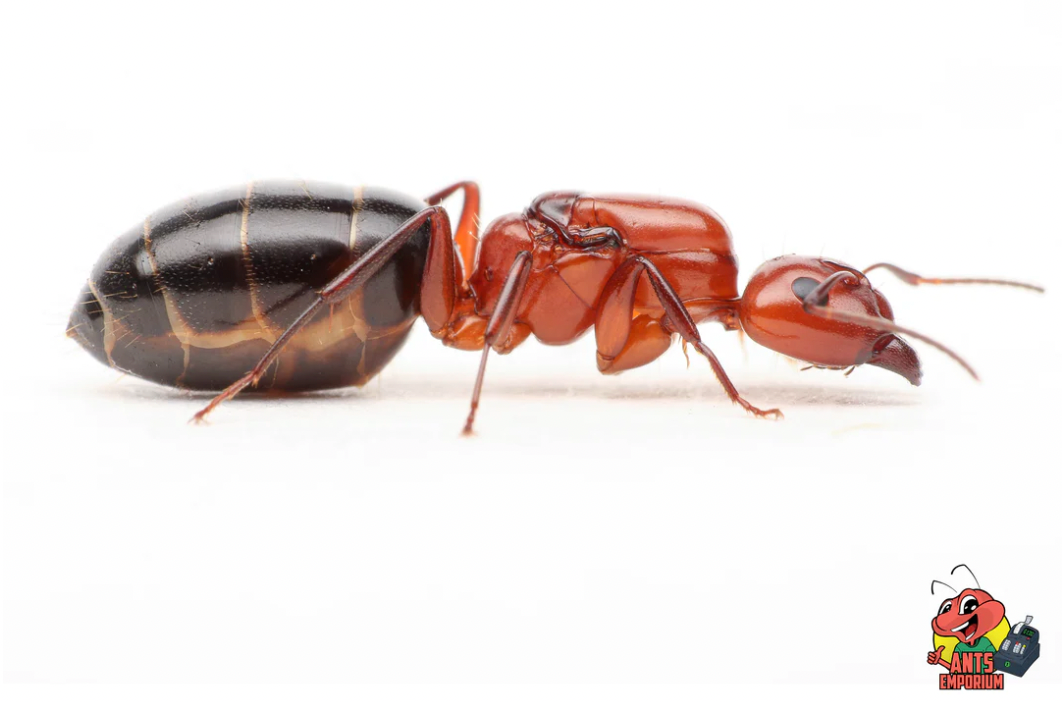
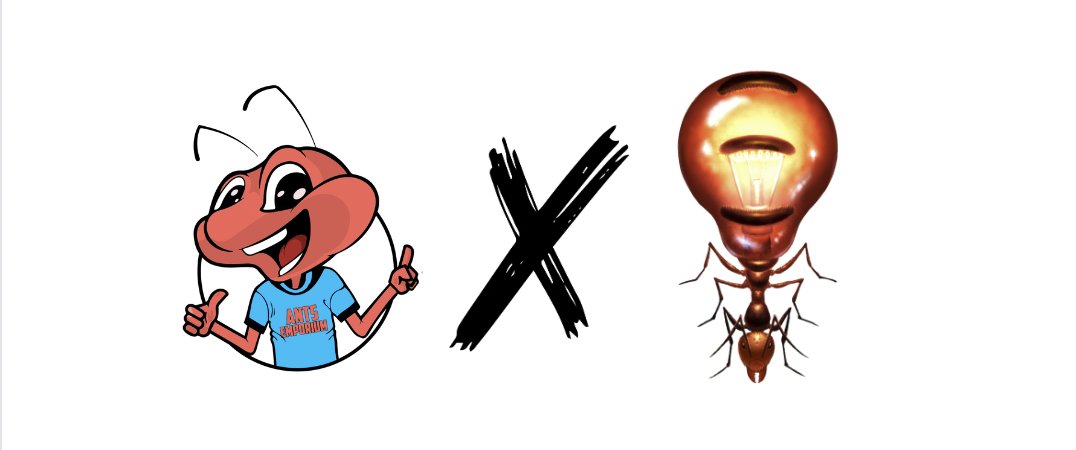
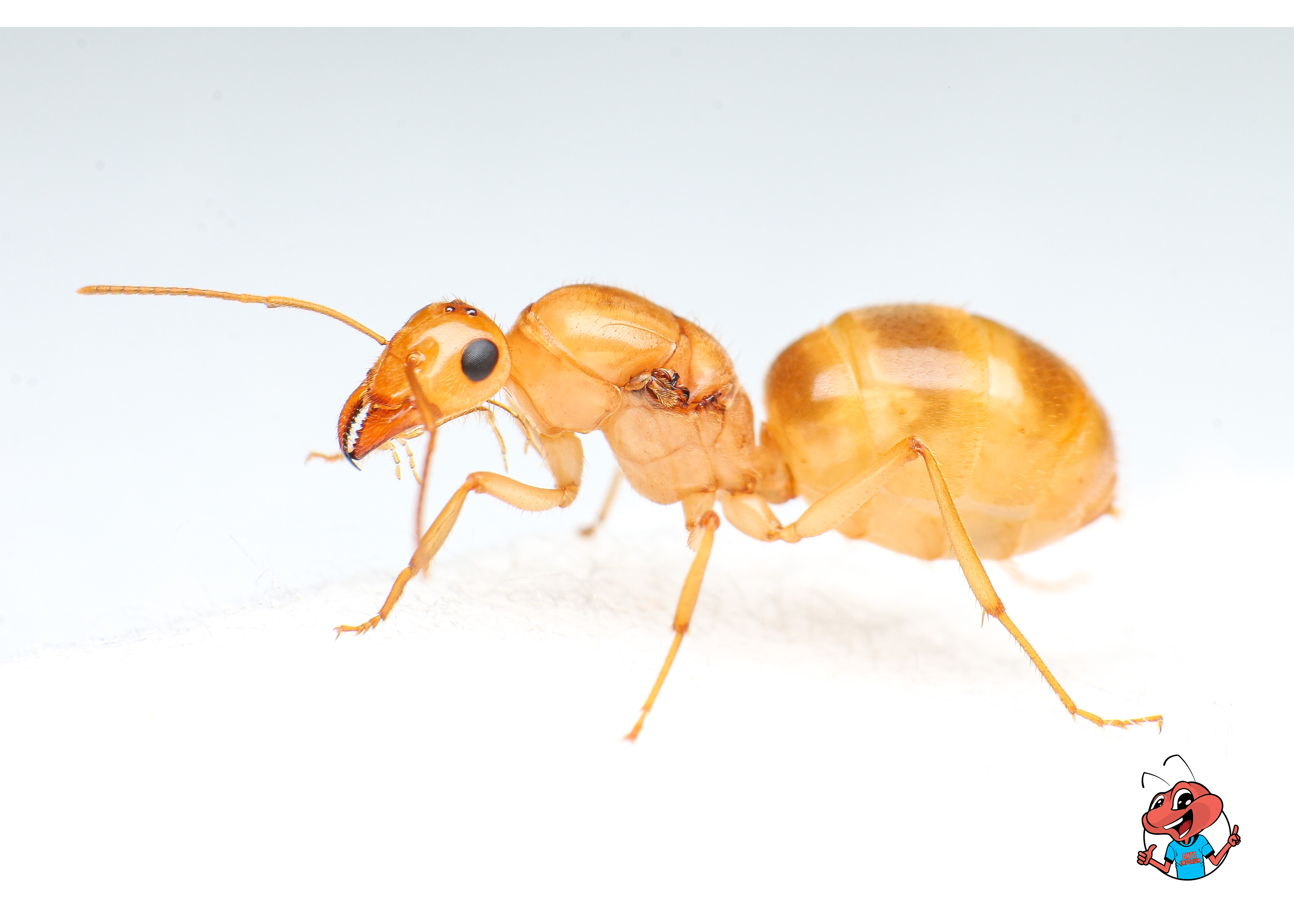
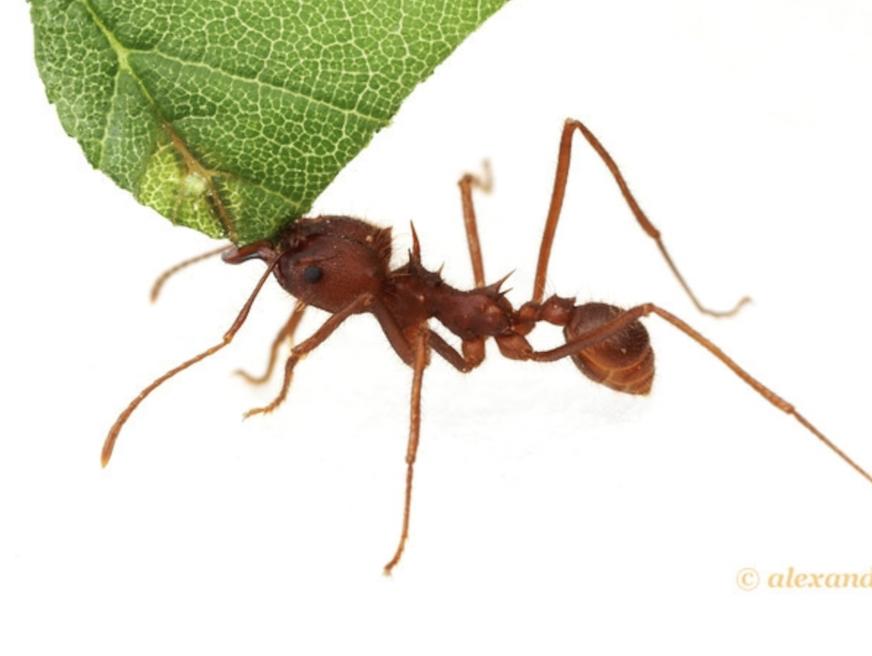
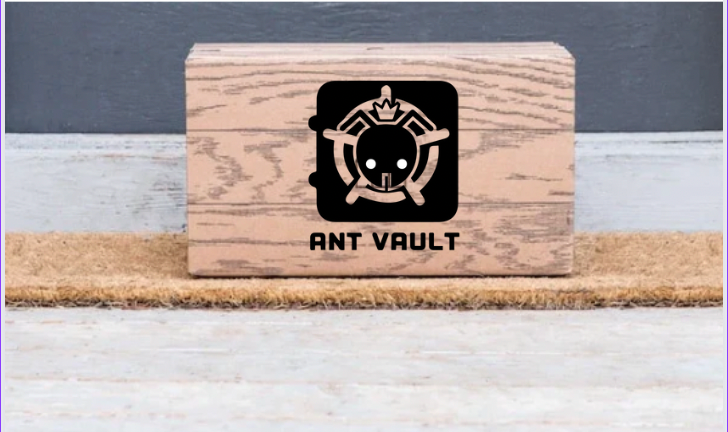


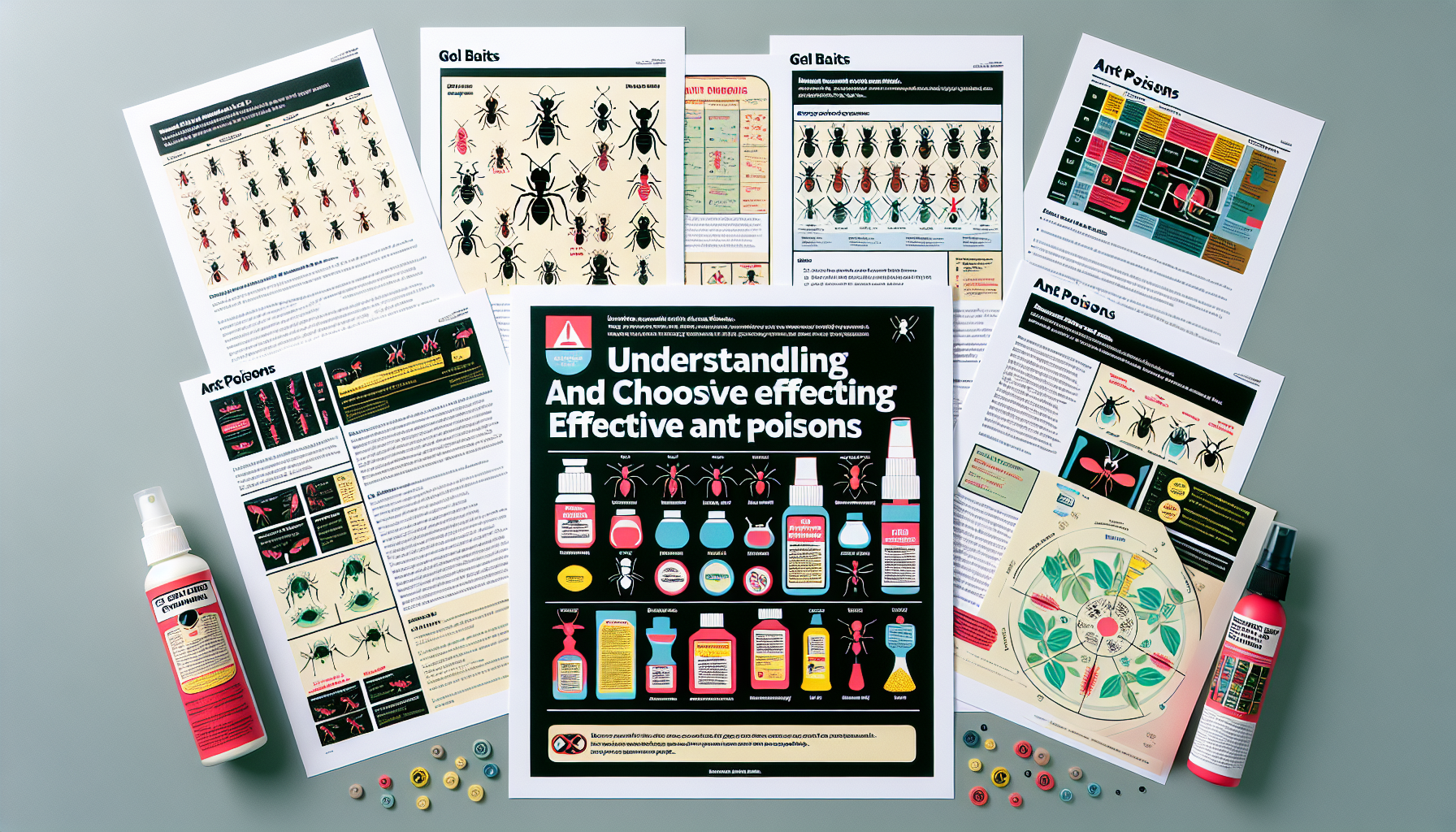
Leave a comment